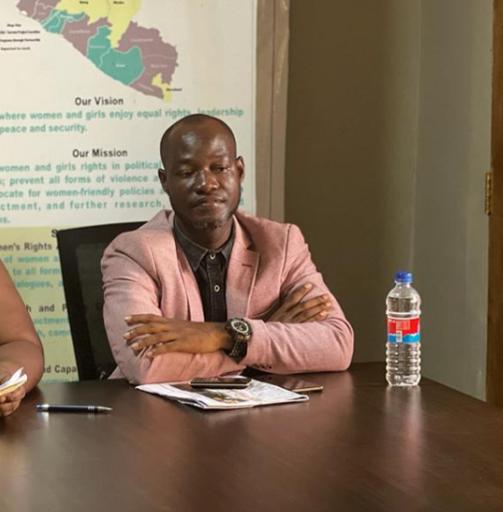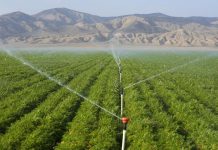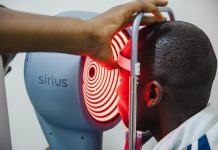Africa-Press – Liberia. March 8, 2022, marked the celebration of International Women’s Day (IWD). The global theme for the IWD observance is: “Gender Equality Today for a Sustainable Tomorrow” and the national theme: Liberian Women in History: “Breaking Barriers and Setting the Stage for Equality”.
Sister AID Liberia (SALI), a national women’s rights organization, adopted an organization-specific theme: “Equipping Liberian Women to Break Barriers to Equality in Political Leadership”.
The connections among the global, national, and organization-specific themes are strong and together echo the need to concertedly address structural and systemic barriers to gender equality in Liberia.
Evidence shows that women are systematically excluded from social and educational opportunities and are discouraged from developing skills, characteristics, competencies, and ambition for public leadership positions.
The effects of this situation are reflected in the steady decline of women in political leadership positions since 2006: falling to 14 percent in 2011, 12 percent in 2014, 11 percent in 2017, and 10 percent in 2021.
In the Cabinet, women make up 21 percent (4/19). Therefore, it can be argued that the “lack of confidence” that is often pointed out is not something inherent in women. At any rate, concerted efforts are needed to break barriers to equality in political leadership structures.
Sister AID Liberia, with support from UN WOMEN Liberia, is working to address this capacity gap while tackling underlying factors such as rigid social and cultural norms that serve as barriers to gender equality in leadership.
On October 15, 2021, Sister AID Liberia launched the Women Political Empowerment and Leadership Clinic under the SALI/UN WOMEN-Supported Project titled: “Women Political Empowerment and Leadership”.
The Leadership Clinic, a U-shaped style space that accommodates up to 35 participants, is equipped with state-of-the-art furniture, training amenities, and staffed with experts in relevant fields. The Clinic provides high priority political empowerment and leadership services covering three essential components:
Since the establishment of the Women Political Empowerment and Leadership Clinic in October 2021, SALI has trained, mentored, and provided technical assistance to at least 60 women politicians, including current and past elected legislators and aspirants of the forthcoming 2023 presidential and general elections through the Leadership Clinic.
The first training was conducted October 13 to 18 and the latest training was implemented from February 23 to 24. The latter training benefited 35 women aspirants while the former served 30.
To deliver capacity-building actions, SALI deployed tested and proven strategic models and tools such as the UN WOMEN’s Women Political Empowerment and Leadership Manual and the Transformative Leadership for Women’s Rights approach.
During the latest training, simulation and experience-sharing exercises were carried out and ignited lively discussions among participants. For example, Hon.
Kula Fofana, an aspirant, and participant related that aspirants. face a complex range of demands from communities who frequently make various requests for several personal and communal items.
Hon. Claire Jah, former Senator of Margibi County and aspirant concurred and shared practical, cost-effective approaches she believed could address the challenge. Facilitators then guided participants to define, deconstruct, and derive practical strategies to solve the problems.
Results from our support to women candidates and their campaign teams during the representative bi-elections revealed that building the competence of women and providing them practical technical assistance are crucial success factors in breaking barriers to equality in political leadership structures.
For example, one of the two women candidates, Finda Alice Gborie Lansanah, supported by SALI, won the election in District #1, Bomi County while the Candidate in Nimba lost but succeeded in gaining the recognition and attention of politicians and the public.
For More News And Analysis About Liberia Follow Africa-Press






